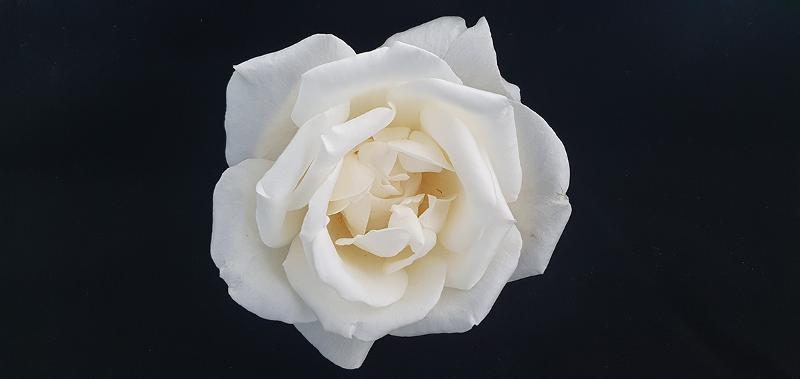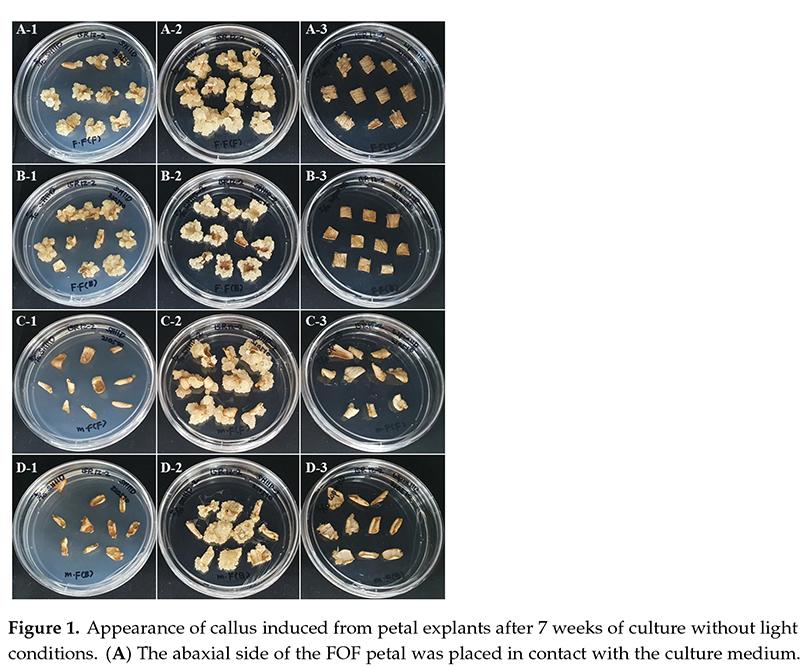
The rose breeding line 15R-12-2 was used for the groundbreaking research by the Rural Development Administration.
By Yoon Sojung
Photos = Rural Development Administration
Domestic researchers have achieved a world first by developing a technology to induce plant cell cultures with the same scent components as real roses.
The Rural Development Administration (RDA) on June 4 said it induced plant callus (cell culture) containing the same fragrance components of real rose petals.
Also known as a "plant stem cell," plant callus is tissue that form at the site of a wound when a plant is damaged and contains a high level of bioactive substances. When used to make cosmetics, the callus can minimize the environmental impact during the cultivation process to produce a mass of good substances.
Expanding domestic output of raw materials is crucial to raise the competitiveness of the nation's cosmetics industry, which is over 80% dependent on raw material imports. Thus the RDA began research to develop technology to create raw materials for cosmetics by using domestic rose breeds with clear sources of origin and excellent fragrance.
The study was jointly done with BIO-FD&C, a developer and seller of plant callus for use in food, pharmaceuticals and cosmetics.
The researchers disinfected the rose petals with a special solution and added substances that regulate production to create the conditions for cell cultivation, the result of which was the cell culture of the rose breeding line 15R-12-2. Accordingly, the plant callus preserved the same fragrance as real rose petals and the related genes were expressed in a stable manner.
Many studies worldwide are researching rose callus, but this is the first successful induction of cell culture while preserving the same fragrance as the real flower.
The results also earned academic recognition in December last year after they were published by the international academic journal Plants.
The RDA affiliate National Institute of Horticultural and Herbal Science (NIHHS) proliferated 12 kinds of plant callus and donated them to the Korea Research Institute of Bioscience & Biotechnology for use as bio resources. Jointly with the anti-aging and health care company BIO-FD&C, patent applications for two types of petal callus confirmed as effective in protecting skin have been submitted as cosmetics materials.
Lee Young Ran, director of the NIHHS' Floriculture Research Division, said, "We will expand our research on induction of plant callus and industrial materials not only for roses but chrysanthemums to widen the scope of domestic horticulture."

The global academic journal Plants in its December 2023 issue introduces the Rural Development Administration's study on technology for plant callus induction. Shown in the photos are changes over seven weeks in the process of creating conditions for inducting plant callus in rose petals.
arete@korea.kr